

Agricultural Sector growth
According to the 2010 PHC, 46.8% of the working population are engaged in the sector. Households in agriculture refer to households with at least one member engaged in one agricultural activity or another. There are 10,230 households in the District and 6,849 (67.0%) of them are involved in agriculture.
The District has substantial agricultural resources, which includes large expands of land suitable for agriculture, pack house, River Dayi and the Volta lake which is potential for fish farming
Food production and security
Food crops such as maize, rice, plantain, cassava, yam, and other vegetables especially garden eggs are the major crops cultivated in the District although mostly grown on subsistence level. Annual production varies with the rainfall pattern and the level of soil condition and production technology. Crop production is largely rain-fed, and traditional technology of production continues to dominate the sector with peasant farmers using simple tools such as hoes and cutlasses. In addition agricultural mechanization is very low. The average land holding per farmer is relatively low and is about 0.5ha.
Table 3.3 below illustrates the major production areas in the district.
The limitations in the agriculture sector particularly with the decline in the soil fertility and low mechanization account for the persistence of poverty in the district.
Cash crops
The main cash crops grown in the District are coffee and cocoa which are mostly grown in the high rainfall areas of Wusuta, Tsrukpe and Botoku.
Non-Traditional Crops
Non-traditional export crops have emerged recently in the District and have a great potential to growing the local economy. The main crops under cultivation are Mangoes and Pineapples. The productions of these crops are on a large scale plantation for the export market and at the same time providing employment for the youth in the District.
Fishing industry
The sectors provides employment for about 8% of the working population under the agricultural sector. The fishing is the dominant occupation of thousands of people in the 29 communities in the District living along the Volta Lake. Fishing is therefore carried out along the entire southern border stretching over 80km along the Volta Lake. The major fishing communities include Awate Tornu, Wusuta Kpebe and Botoku. Some fishing also takes place on the River Dayi.
However, fishermen in the sector still rely on outmoded and illegal fishing methods such as “Adranyi”, “Atidza”, Bamboo, “Zugu”, and “Agbodor” which account for the depletion of the Lake resources hence affecting the sustainability of fishing in the District.
Agriculture Extension Services/Farmer Based Organisation (FBO) There are about seven (7) Agric Extension Agents with Agric Extension Agent to farmer ratio of 1:3800 farmers as against the standard of 1:1000 farmers. This implies that, the farmers may not be able access to extension services as expected which could affect the output of agriculture in the District
Furthermore, there are thirty four (34) major Farmers Based Organizations (FBO’s) identifiable in the District each with varied membership and group type.
Table 3.4 below gives details of the type of FBO’s in the District and their membership level.
Land Management/Land Tenure Systems
Land in the District is generally owned and managed by communities, families, clans as well as private individuals. The family heads and elders who hold the land in trust for the family can be approached for access to development lands.
The above notwithstanding, the District Assembly can use the appropriate legislative instruments (LI) to acquire land for development in the interest of the public.
Livestock and Keepers
According to the 2010 PHC Livestock rearing is the second most important agricultural activity in the District; a total number of 56,359 livestock are reared in the District. There are 5,097 livestock keepers with an average of 11.1 animals per keeper.
Moreover, there are two commercial livestock farms in the District. These are indicated in table 3.5 below;
Economic Fruit Tree Crop Production
The relatively high annual rainfall of the district couple with deep soils of the forest areas put the district at a comparable advantage in the production of fruit tree crops. The District Agricultural Development Unit (DADU) assisted by the FORUM Project has established an economic tree nursery at Vakpo, Wusuta, Tsrukpe and Botoku where seedlings of mango, citrus, coconut, oil palm, and others like cola and avocado pear are being produced and sold to farmers. These serve as a buffer stock to promote tree crop production in the district.
Plantation Reserve
As an agrarian district, North Dayi has large hectares of plantation which covers mountainous communities like, Awate, Aveme Tsyome-Sabadu, Wusuta Botoku, Tsrukpe etc. However, activities of illegal chainsaw operators, bush burning among others seems to affect our ecosystem. The Assembly has put in place stringent measures to curtail and mitigate their operations and preserve the forest.
Date Created : 11/23/2017 5:58:09 AM


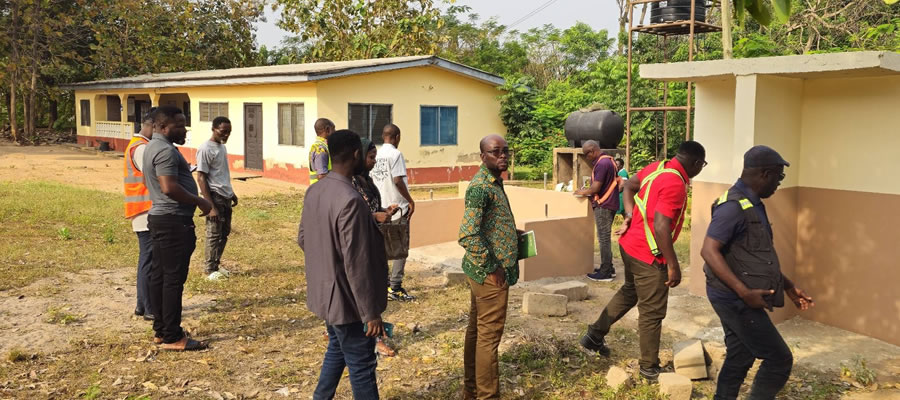
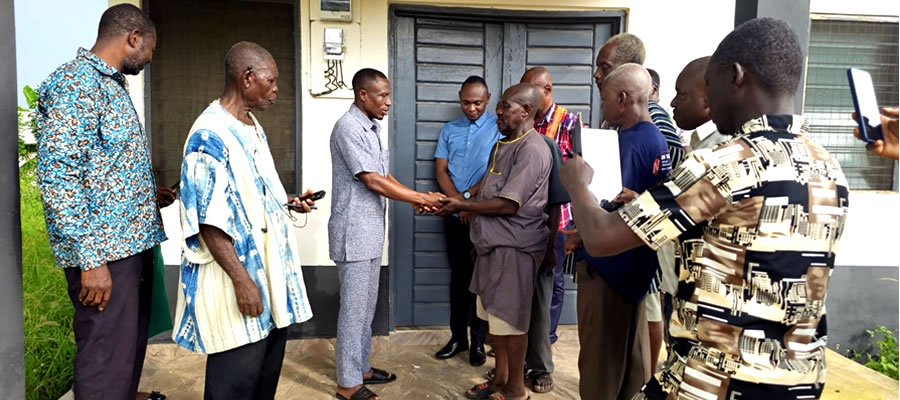
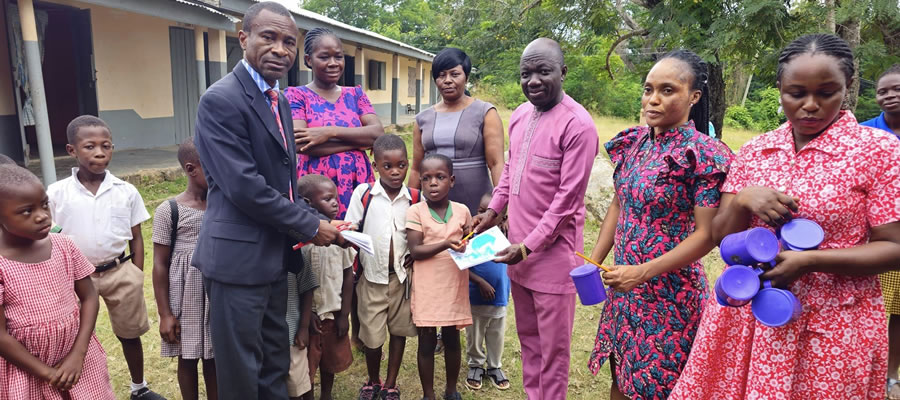

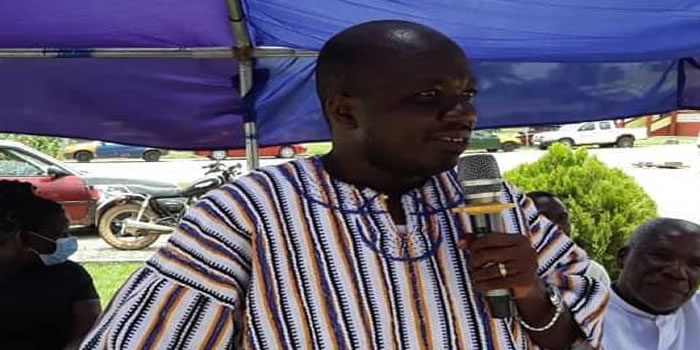
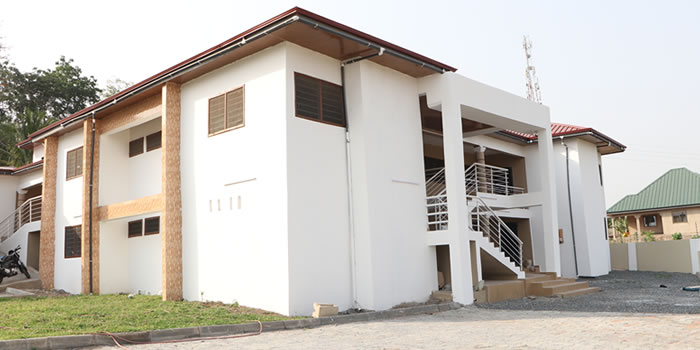
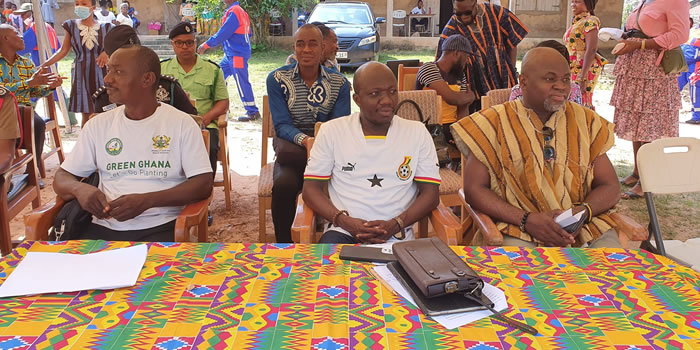



 facebook
facebook
 X
X
 Youtube
Youtube
 instagram
instagram
 +233 593 831 280
+233 593 831 280 0800 430 430
0800 430 430 GPS: GE-231-4383
GPS: GE-231-4383 info@ghanadistricts.com
info@ghanadistricts.com Box GP1044, Accra, Ghana
Box GP1044, Accra, Ghana